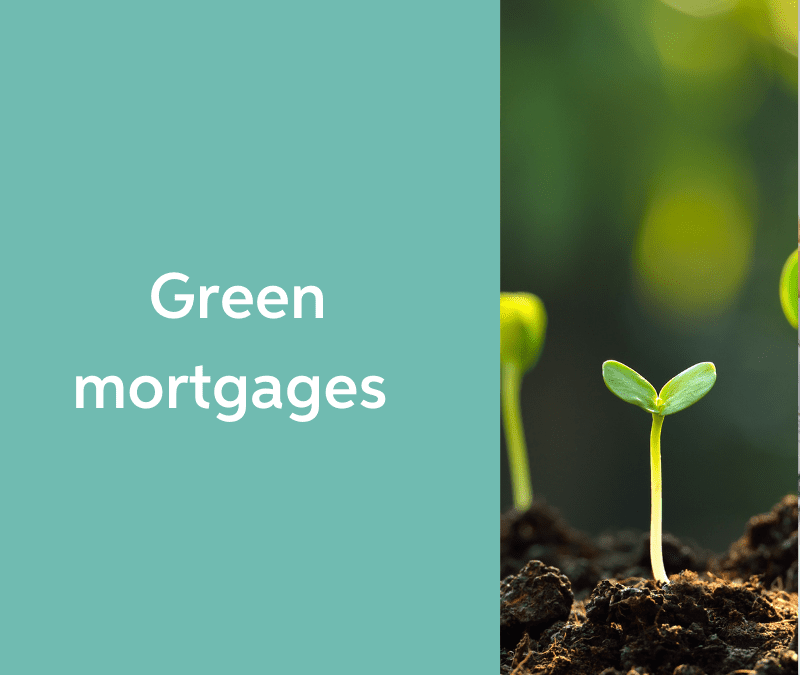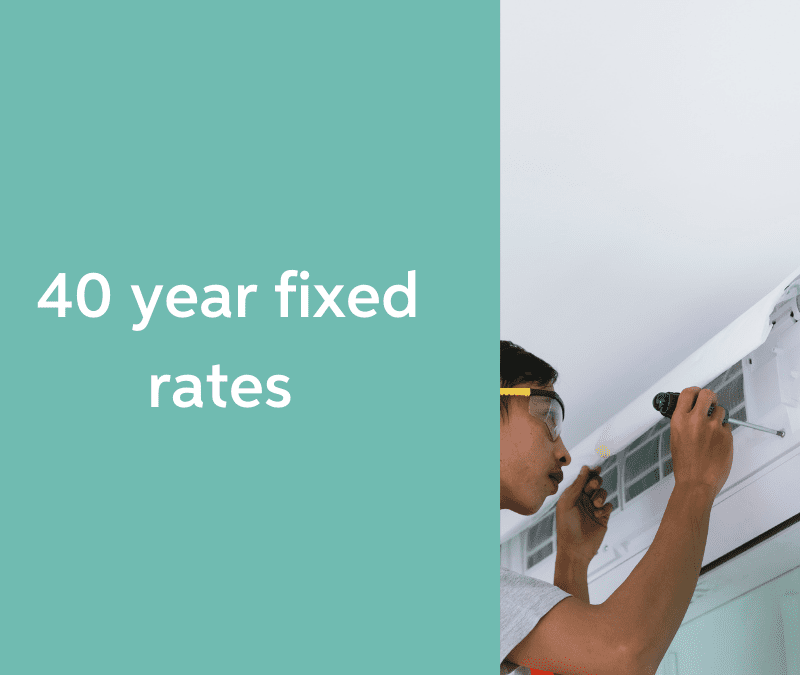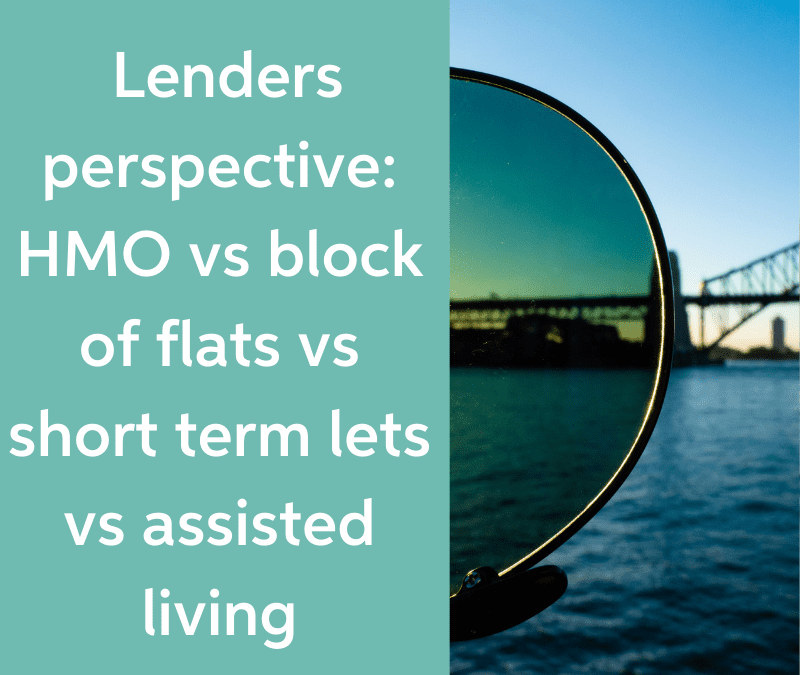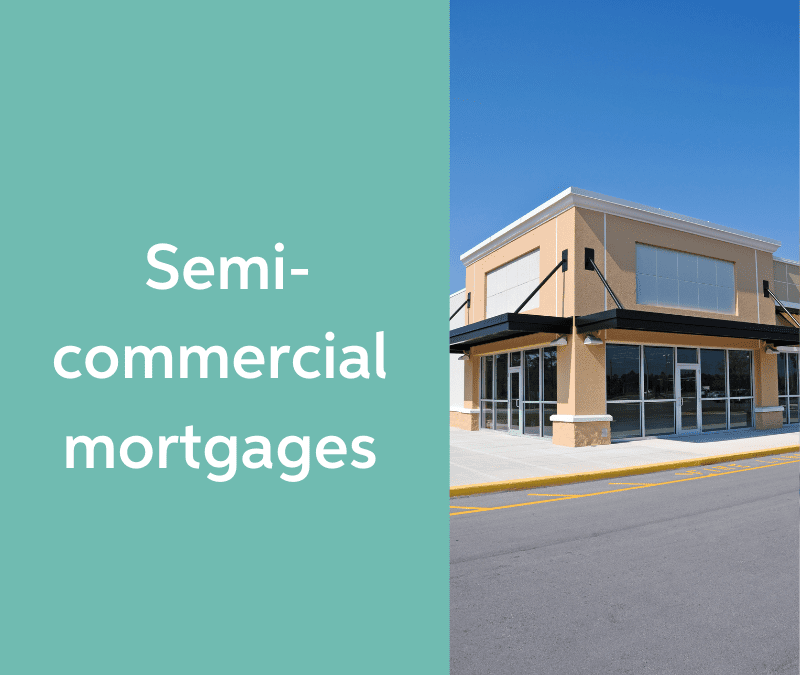Green mortgages

New Carbon Brief analysis shows a record-breaking 11% drop in greenhouse gas permissions in 2020, largely due to the pandemic. This puts the UK’s greenhouse gas emissions 51% below 1990 levels, meaning that we are halfway to meeting the target of “net-zero” emissions by 2050. This illustrates the progress made so far, but also the challenge ahead, with emissions likely to rebound next year as the economy recovers. In 2018 the PRA and FCA issued papers challenging financial institutions to consider how climate change may impact their business and since then we have seen a gradual increase in pressure for lenders to ‘green’ their loan books.
In July 2019, the Government launched its Green Finance Strategy to improve on climate change, the environment and sustainable development. A £5 million fund was setup to develop green mortgages and encourage households to improve the energy rating of their home. There is no standard definition of a ‘green mortgage’, but the idea is that consumers can benefit from a better rate or fees when purchasing an energy efficient property or when raising funds to improve the efficiency of their home. Initially creation of the products was slow, but options are improving and growing.
Some of the smaller providers have had green mortgage products for a while, in fact the Ecology Building Society were decades ahead of the competition after their launch in 1981. It was setup by a group of pioneering founder members who wanted to start a building to help finance environmental building renovations and support sustainable development. Saffron Building Society meanwhile launched their Enviro Saver and Retro Fit Mortgage in June 2020, a product designed for borrowers wishing to upgrade their home to a better energy efficiency rating.
Green Mortgages are not just restricted to building society offerings. Barclays have a scheme that you can apply for when purchasing an energy efficient new-build property from one of its partner house builders, Nationwide borrowers can access a green advanced loan when making suitable home improvements and Natwest offer improved products when purchasing a home with a valid EPC rating of A or B. For landlords, Foundation Home Loans reward those who have proactively improved the energy efficiency of their rental property to a rating of C via a competitive rate, reduced fee and cashback.
Foundation Home Loans found that 74% of lenders expect green finance to become a larger part of the wider market, with 83% expecting the ability to save on energy bills being the biggest driver behind this market. Since April 2020, all landlords are required to have an EPC rating of at least E even when there has been no change in tenancy and through the Green Homes Scheme, they can access up to £5000 for measures such as insulation or upgrades to glazing or heating. However green mortgages grow moving forward it will undoubtedly be an area to watch.
Your home may be repossessed if you do not keep up repayments on your mortgage.
Lee Langley is the Principal Mortgage and Protection Adviser at OnPoint Mortgages. OnPoint Mortgages a trading style of L&D Mortgages Limited is an appointed representative of The On-Line Partnership Limited which is authorised and regulated by the Financial Conduct Authority. Registered address: 25 Homefield Road, Bushey, Hertfordshire, WD23 3AP. Registered in England & Wales under 10500099





